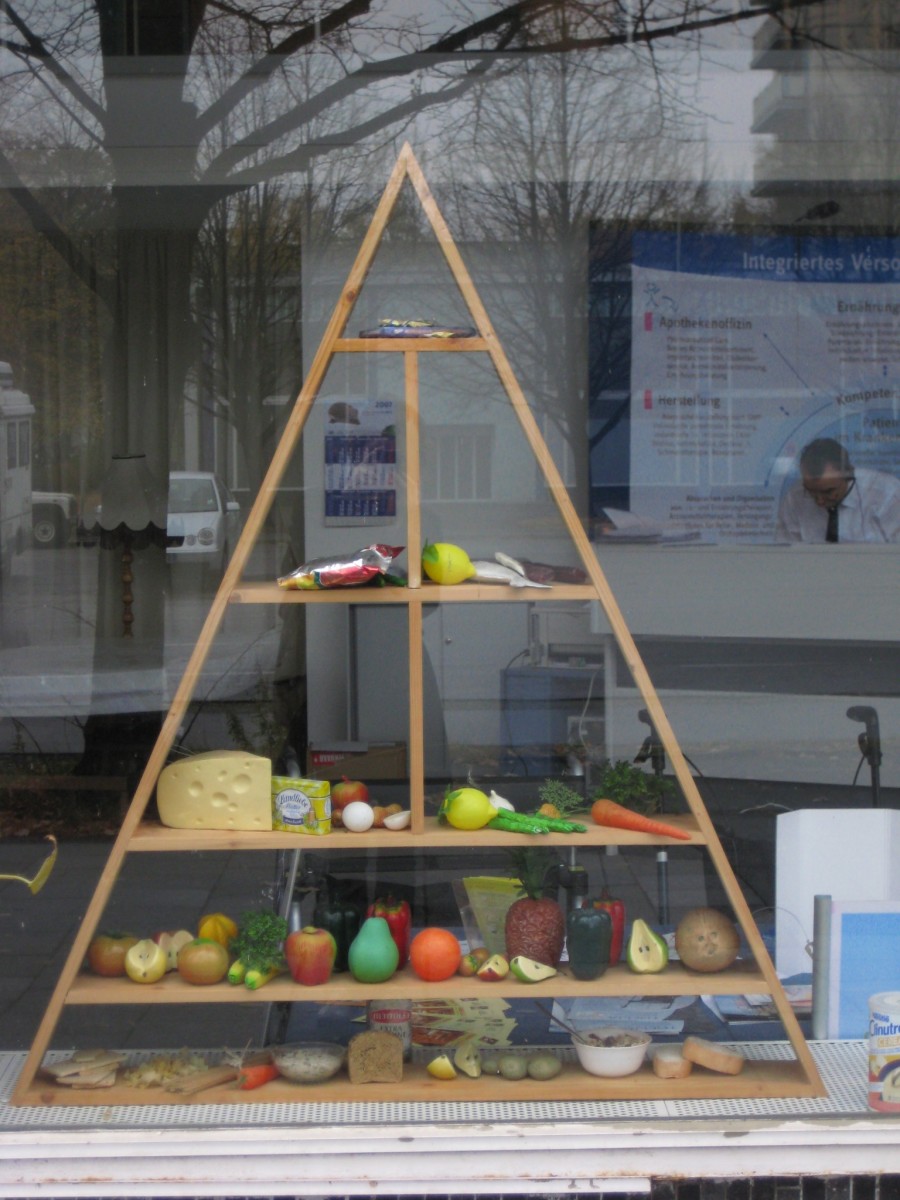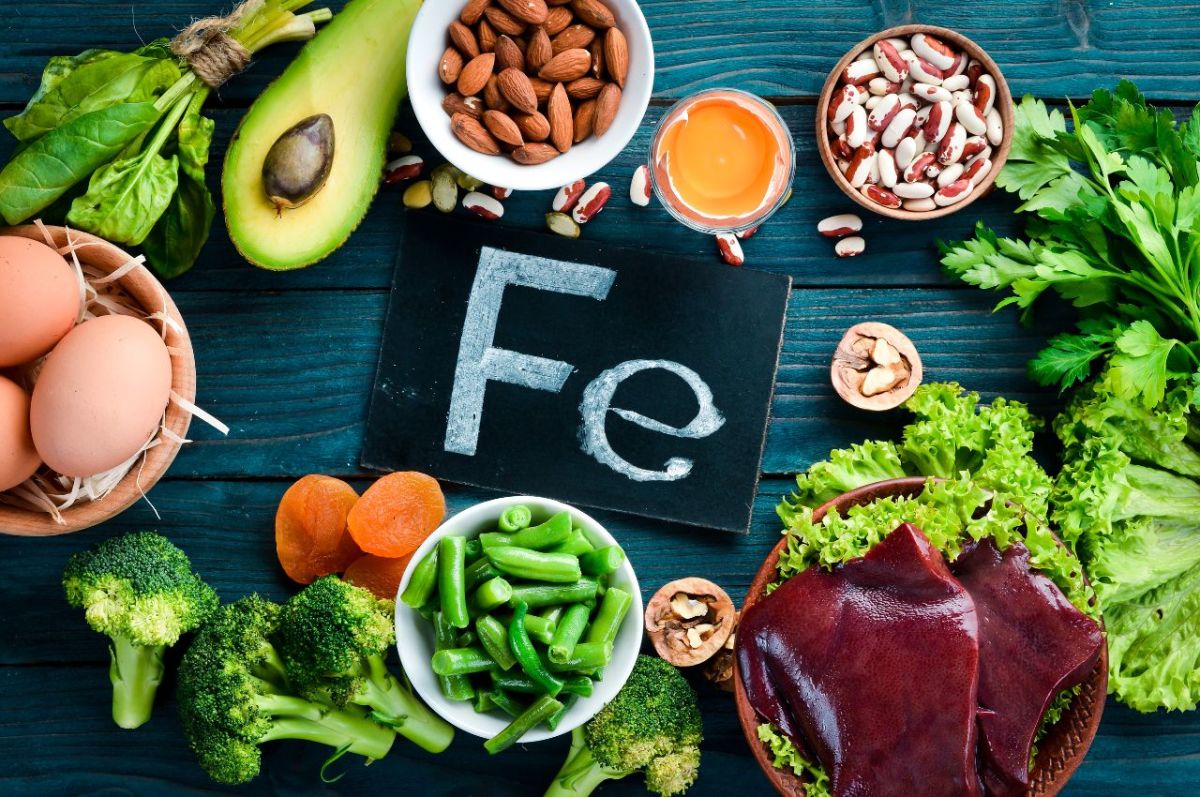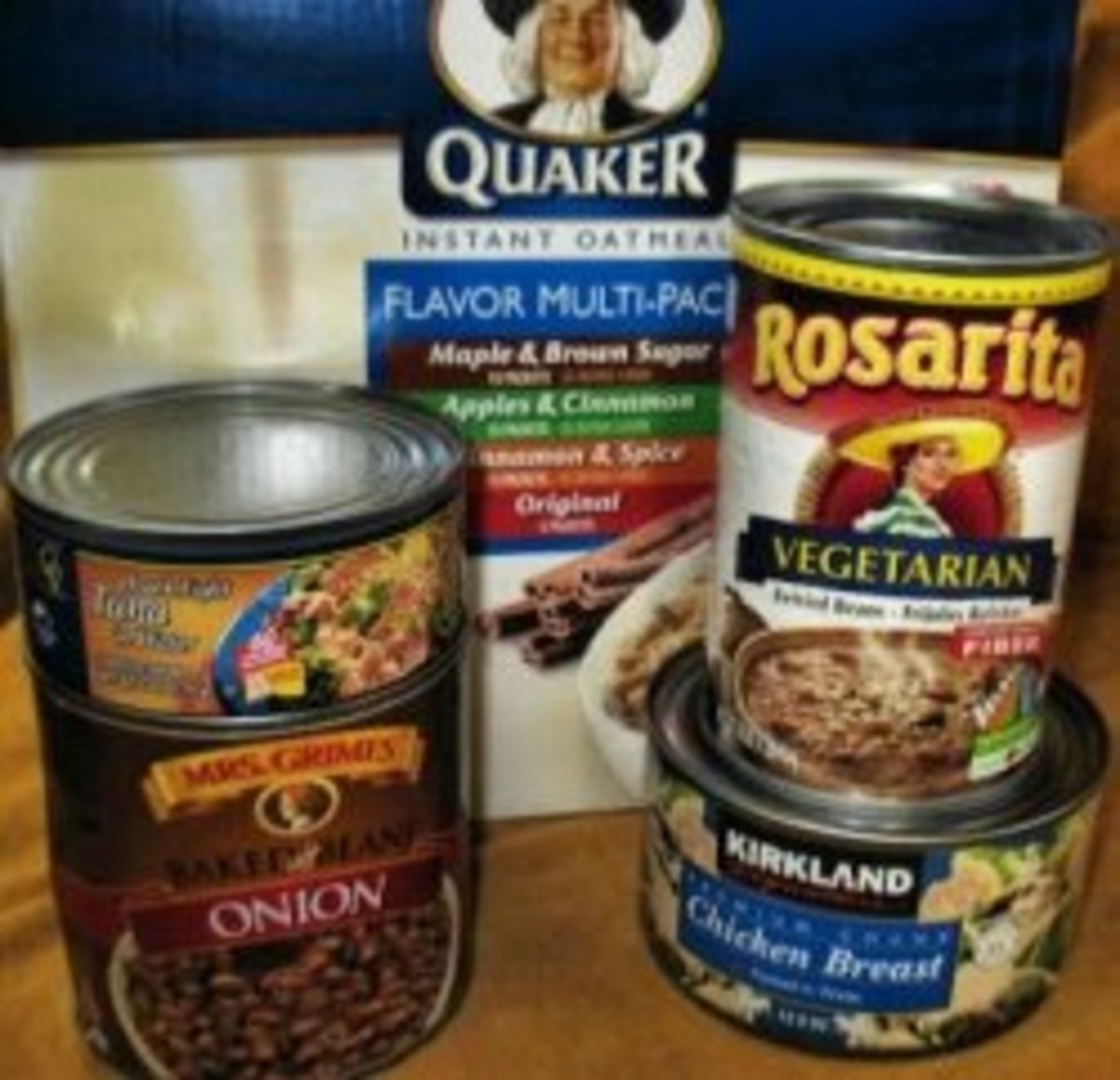6 Reasons You Should Stop Eating So Much Meat
Eating meat is an integral part of our society, but he meat industry is destroying our planet and our natural resources. Many people are also unaware of the many health benefits of not eating meat. When we allow animal agriculture to consume so many resources, we are taking away resources from human beings who need them more. When you examine all the facts eating meat everyday in every meal is just not practical to the longevity of the natural world we live in.
1. To Save Water

One thing people rarely consider when thinking about eating meat is how much water is used by the time that burger or steak gets to your mouth. The cow you are eating has to grow for years. Which means that cow must drink water everyday for years. It must be cleaned because you don't want to eat dirty cow right? Cows eat plants which also have to be constantly watered. The amount of clean water we have grows less and less everyday. We need to stop letting animal agriculture consume so much water when we leave in a world where 11% of people don't have access to clean water.
2. Raising animals for food produces large amounts of greenhouse gases
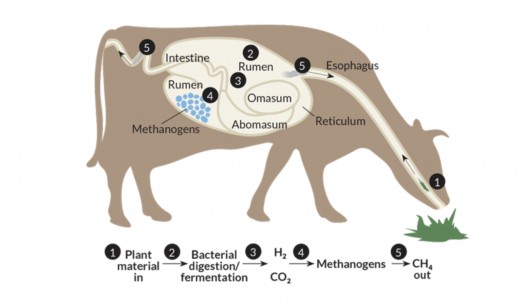
Would you believe me if I told you that cattle produce more greenhouse gases than all forms of transportation combined? Well, it's the truth. Cattle produce tons of methane gas due to their digestive process. A study done in 2006 by the The Food and Agriculture Organization of the United Nations found that animal agriculture is responsible for around 18% of all greenhouse gas emissions. There have been many studies since and now that number is estimated to be as high as 51%. That's over half of all greenhouse emissions coming from the animals you're eating!
3. Rainforests are being destroyed
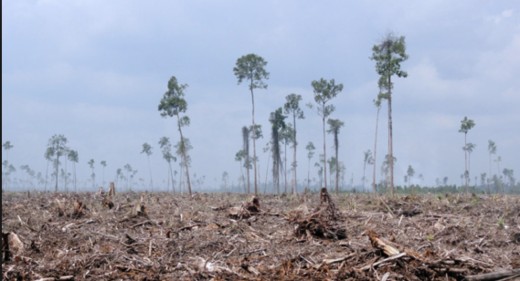
It is estimated that around 1-2 acres of rainforest are cleared every second. Livestock are the driving factor of this mass deforestation. Everyday more and more land is cleared for livestock. Eventually there won't be any of these beautiful rainforests left. We will kill off all the species and habitats and all we that will be left is one huge farm.
4. Feeding animals to eat requires tons of grain that could be used to feed poor and impoverished people all over the world

Around 795 million people don't have enough food to eat everyday. We devote so much land to our livestock and their food, but we manage to leave so many hungry people to suffer. Just by eating a vegan diet for one day, you are saving an estimated 45 pounds of grain. If we could use just a fraction of the grain cows eat to feed our hungry people, we could really make a big difference.
5. Vegetarians live on average 6 to 10 years longer than meat eaters

Yes that's right, vegetarians even live longer. Eating meat can be bad for you in anyways. If you eat meat, you are 50% more likely to develop heart disease. You are also 40% less likely to get cancer if you don't eat meat.
6. At this rate our planet and natural resources will not last forever
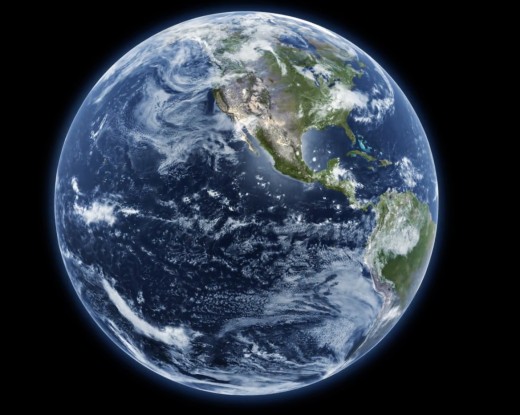
Our planet will not last forever. With a population that is constantly growing, we have to find a better way to feed the masses. Natural resources for the most part are limited and right now we are drying them up. At this rate, we will destroy the place we live in and consume every natural resource we have ever had.
References
Andersen, K. & Kuhn, K. (2014).The Facts. Cowspiracy. Retrieved from https://www.cowspiracy.com/facts
Top 10 Reasons not to eat meat. Peta India. Retrieved from http://action.petaindia.com/ea-action/action?ea.client.id=111&ea.campaign.id=2891
Hunger statistics. Food Aid Foundation. Retrieved from https://www.foodaidfoundation.org/world-hunger-statistics.html
The Water Project. (2016, August 31). Facts about Water: Statistics of the Water Crisis. Retrieved from https://thewaterproject.org/water-scarcity/water_stats


